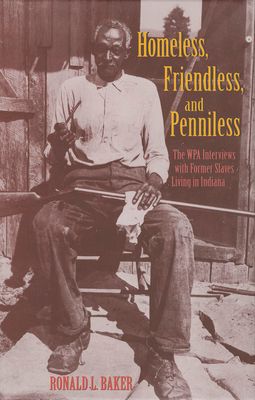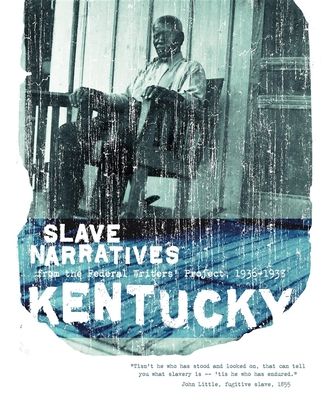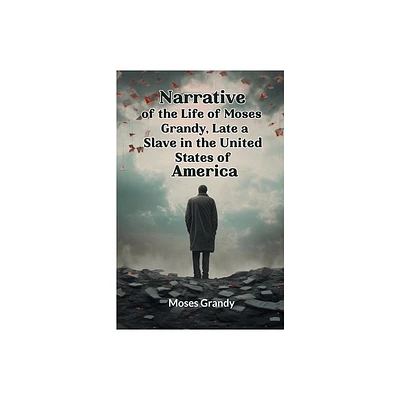Home
Kentucky Slave Narratives: A Folk History of Slavery in the United States From Interviews with Former Slaves Authored
Loading Inventory...
Barnes and Noble
Kentucky Slave Narratives: A Folk History of Slavery in the United States From Interviews with Former Slaves Authored
Current price: $17.99


Barnes and Noble
Kentucky Slave Narratives: A Folk History of Slavery in the United States From Interviews with Former Slaves Authored
Current price: $17.99
Loading Inventory...
Size: OS
*Product Information may vary - to confirm product availability, pricing, and additional information please contact Barnes and Noble
Large Print Edition Kentucky Slave Narratives CLARK CO. (Mayme Nunnelley) Most Kentucky superstitions are common to all classes of people because the negroes originally obtained most of their superstitions from the white and because the superstitions of most part of Kentucky are in almost all cases not recent invention but old survivals from a time when they were generally accepted by all germanic peoples and by all Indo-Europeans. The only class of original contributions made by the negroes to our stock of superstitions is that of the hoodoo or voodoo signs which are brought from Africa by the ancestors of the present colored people of America. On the arrival of the negro in America, his child like mind was readily receptive to the white man's superstitions. The Black slave and servants in Kentucky and elsewhere in the South have frequently been the agents through which the minds of white children have been sown with these supernatural beliefs, some of which have remained permanently with them. Nearly all classes of superstitions find acceptance among the negroes. The most widely prevalent are beliefs concerning haunted houses, weather signs, bad luck and good luck signs, charm curse and cures and hoodoo signs. Their beliefs that the date of the planting of vegetables should be determined by the phases of the moon is unshaken.


















